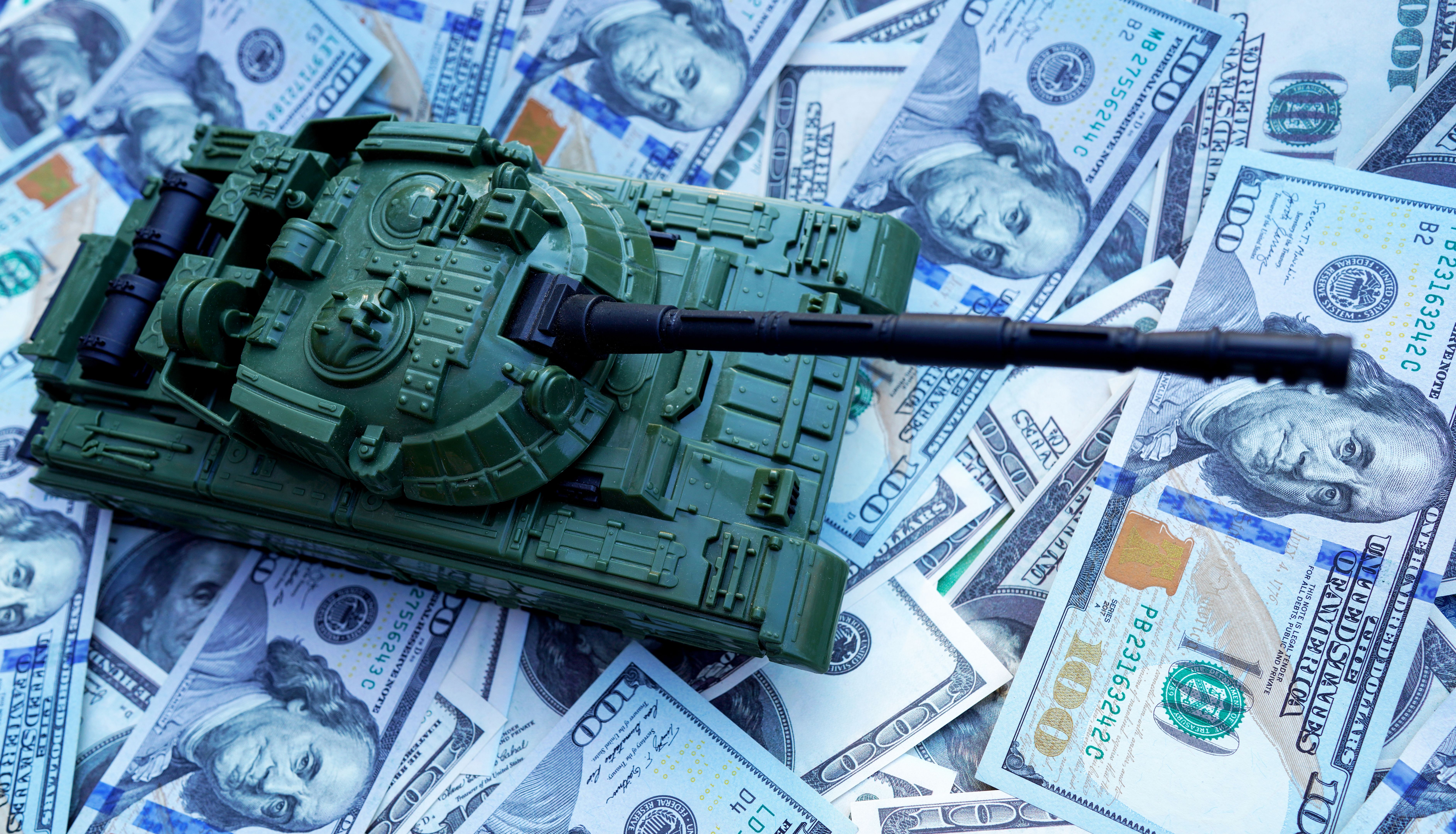Asset Confiscation in War and Conflict
Introduction to Asset Confiscation in War
Asset confiscation during times of war and conflict is a complex and often controversial subject. During such periods, belligerent parties may seize assets for various reasons, from economic gain to strategic advantage. Understanding the historical context and the legal frameworks involved can provide insight into how these practices shape modern conflicts.
Throughout history, confiscation has been a tool used by governments and military forces to undermine their adversaries or to bolster their own resources. While the motivations behind asset confiscation can vary, the impacts are significant and lasting. They can affect not only the immediate stakeholders but also the broader economic and social landscapes.

Historical Context of Asset Confiscation
Historically, asset confiscation has been a common practice in warfare. From the Roman Empire's conquests to the confiscations during the World Wars, this strategy has been employed to weaken opponents and strengthen one's own position. In ancient times, the spoils of war often included land, goods, and even people, taken by force to enhance the victor's power.
During the World Wars, asset confiscation became more systematic and was used as a political tool against enemy states. For example, during World War II, the United States government seized assets owned by Japanese and German nationals within its borders. This was done under the guise of national security but had far-reaching consequences for those affected.
Legal Frameworks Governing Confiscation
The legality of asset confiscation in war is governed by international laws and treaties. The Hague Conventions and the Geneva Conventions provide guidelines for what is permissible during conflicts. These frameworks aim to protect civilian properties and ensure that any seizures are conducted under strict regulations.
Despite these regulations, there have been numerous instances where asset confiscation has occurred outside of legal boundaries. In some cases, these actions have been deemed violations of human rights, leading to international disputes and calls for restitution.

Types of Confiscated Assets
The types of assets subject to confiscation can vary widely. They often include:
- Real estate properties
- Financial assets like bank accounts
- Intellectual property
- Industrial resources and technology
Each type of asset presents unique challenges in terms of recovery and restitution post-conflict. The complexity involved in proving ownership and seeking compensation further complicates these situations.
Impact on Economies and Societies
Asset confiscation can have severe impacts on economies and societies. In regions where significant assets are seized, the local economy can suffer drastically. Businesses may close, jobs may be lost, and the overall economic stability can be disrupted, leading to long-term challenges for recovery.

Furthermore, the social implications are equally profound. Communities may face displacement, loss of heritage, and enduring poverty. The psychological impact on individuals who lose their livelihoods cannot be overstated, as it often leads to a cycle of poverty and dependency that takes generations to overcome.
The Role of International Organizations
International organizations play a crucial role in addressing issues related to asset confiscation. The United Nations and other bodies work to mediate disputes, provide humanitarian aid, and assist in the restitution process. Their involvement is essential for ensuring that justice is served and that affected parties receive due compensation.
Efforts by these organizations also focus on preventing future occurrences through diplomatic channels and by fostering international cooperation against unjust confiscation practices.
Conclusion
Understanding asset confiscation in war and conflict is essential for grasping the broader implications of such actions on global stability. While historical precedents offer valuable lessons, it is the responsibility of the international community to uphold laws that protect individuals and nations from unjust seizure of assets. As conflicts continue to evolve, so too must our approaches to managing these complex issues in a fair and equitable manner.
